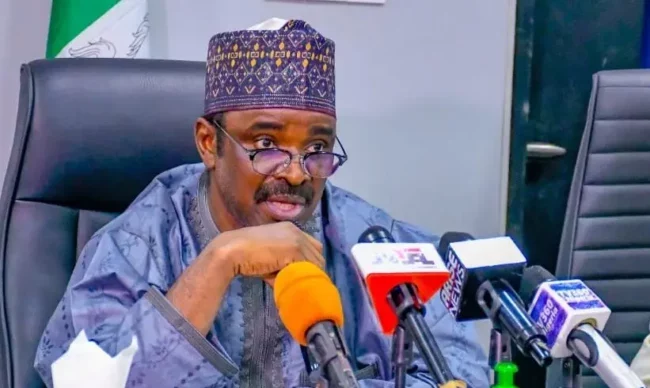
When the Federal Ministry of Works recently declared that 135 road projects have been completed across Northern Nigeria, it reignited a longstanding debate about infrastructural equity, political priorities, and regional development imbalances. While the announcement was presented as a victory for progress, it also prompts critical questions about transparency, distribution, and the politics of infrastructure in Nigeria.
A Surface-Level Achievement?
At first glance, the figures seem impressive. Completed projects range from intercity expressways and rural link roads to access routes connecting major commercial corridors in Northern Nigeria. These roads are meant to boost mobility, reduce transport costs, and enhance regional trade.
However, the federal government’s decision to spotlight only the North raises red flags about geographical balance. What’s happening in the South, East, and Middle Belt? How many projects are currently underway in those regions? These are the questions many Nigerians are asking. The numbers may add up, but the national perception of fairness does not.
Infrastructure as a Political Instrument
Historically, infrastructure has been used as a political bargaining tool rather than a neutral development strategy. Allocations often align with electoral strongholds, political alliances, or post-election compensations. This trend has led to skewed infrastructural development across the country, where some regions thrive while others languish in neglect.
Even in this case, the lack of granular data—such as project locations, contractors, timelines, and costs—makes it difficult to objectively assess the true scope and impact of the so-called 135 completed roads. Transparency remains a key challenge.
The North’s Developmental Need
Still, it would be disingenuous to ignore the developmental urgency in Northern Nigeria. The region has some of the highest poverty rates in the country, with infrastructural gaps deepening the marginalisation. Improved road networks could ease access to markets, education, and healthcare for millions. Insecurity in many Northern states has also made mobility a life-or-death issue, and improved road infrastructure can serve both economic and security purposes.
So while the project focus may be disproportionate, the need in the North is not manufactured. The key concern is ensuring such interventions are part of a balanced national agenda, not a zero-sum game.
Public Accountability and Monitoring
What is missing in this conversation is a robust third-party audit mechanism. Citizens, civil society, and independent media must be able to verify these projects through digital mapping, expenditure tracking, and contractor performance reviews. The Ministry of Works should not only announce completed projects but also open up data on unfinished or abandoned ones.
This is essential to build public trust. Without visible, verifiable impact, such pronouncements risk being viewed as propaganda rather than progress.
Reimagining Federal Infrastructure Strategy
Nigeria needs a new infrastructure doctrine—one that is data-driven, inclusive, and coordinated across ministries and state governments. Beyond road construction, this doctrine must consider multimodal integration: how roads link with rail, ports, and airports to create economic value chains.
It should also emphasize sustainability, community inclusion, and long-term maintenance. The current “build and abandon” culture must be replaced with a “build, maintain, and measure” approach. Strategic investment in roads should lead to measurable outcomes in trade volume, agricultural productivity, and job creation.
What Comes Next?
If the government truly seeks to win the confidence of Nigerians, it must communicate progress transparently, beyond media briefings. Road construction statistics should come with dashboards, project maps, public feedback loops, and regional development plans that demonstrate inclusive vision.
135 roads may sound like progress. But in a country as vast and fragmented as Nigeria, real progress is not about numbers. It’s about national unity, equity, and trust. And those are not built with asphalt alone.